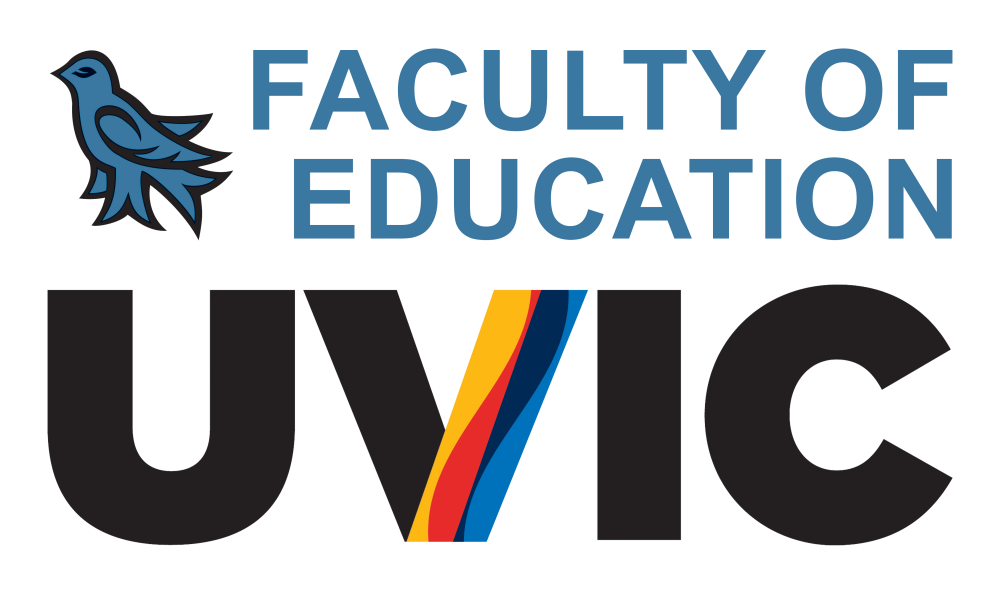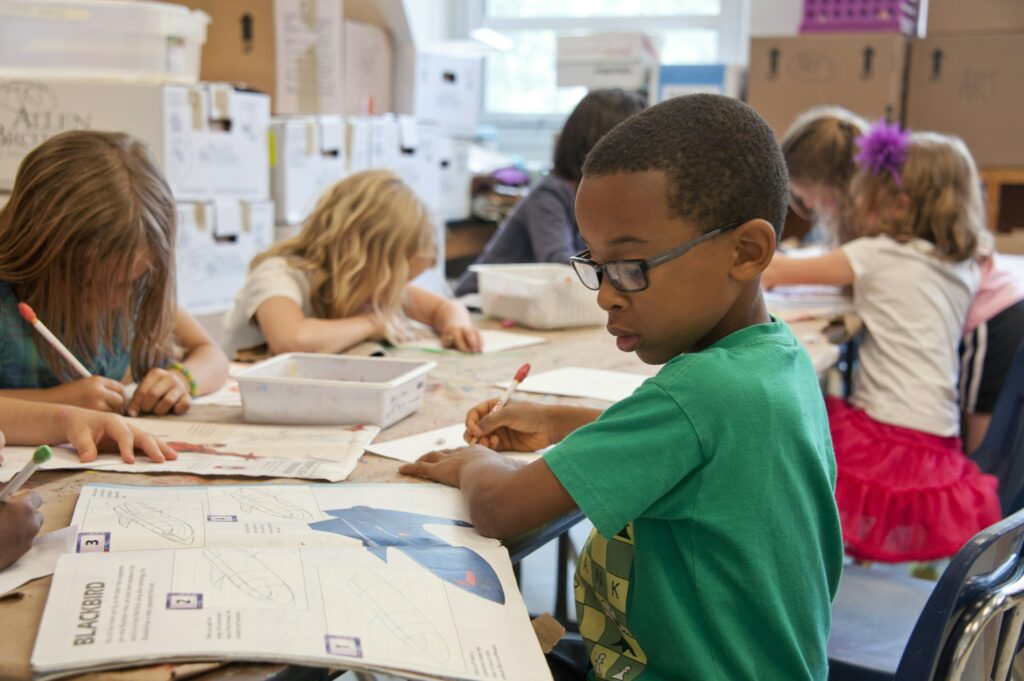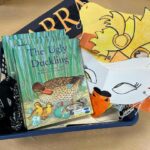
During the last few classes we have been focusing on the 12 UVic teacher competencies which outline the qualities, or proficiencies that teacher candidates need to embody while engaging in the program. I am glad we got to divide the 12 competencies up and present them to each other. I feel like I learned a lot more about what they each entail by discussing it with my cohort rather than just reading them on my own.
Our group presented on competencies 9-12 entitled ‘Exploring and Enhancing Pedagogy’. There were a few takeaways that stood out to me in these competencies in particular:
9. Demonstrate a deep understanding of overarching disciplinary concepts: in summary, as educators we need to put an emphasis on cross curricular learning and the new curriculum is designed to allow educators to be innovative and personalize the learning for their students.
10. Engage critically and creatively with ideas to be a change agent in society, especially with regard to equity and justice: this was the one that our group did an in depth investigation on. The responsibility of being a change agent in regards to the perspective that young students can have towards other races, cultures, and beliefs is a heavy mantle to bear, but educators have the power to teach inclusivity, empathy, and a safe environment for all. This concept encourages us to have a growth mindset and encourage inquiry based learners. We are to “create a culture of learning where students are challenged to wonder, create, test, and question”
11. Implement pedagogically context-appropriate sound practices linking assessment for/as/of learning, planning for learning, instructional strategies and approaches to engage all students in relevant and personalized learning:
What stood out to me in this concept was that, as educators, we are constantly assessing student understanding in order to plan lessons that meet the needs of all students. Unit and lesson plans, assessment strategies and evidence of learning all need to be planned with the end in mind. We need to find out students’ prior knowledge, and allow for ongoing assessment to show what the students are learning, and to adapt lessons where necessary. There is a need for a variety of assessment methods and instructional strategies so that all students strengths can be celebrated and every child is engaged.
12. Develop an understanding of how learners learn in order to cultivate effective learning environments: this competency covered the importance of a reflexive practice. As teachers, we need to constantly reflect on our experiences and ask what went well, what would I change? There are a few different reflective models that help make this practice meaningful such as the Gibb’s model, the Driscoll model, and the Brookfield model. This allows us to continually revise and improve our lessons so that all learners needs are being met.
I am grateful that we are making these competencies visible and making them part of our curriculum. They allow me to do some self reflection and analyze how I can improve myself as a future educator.





judi61
February 23, 2025 — 10:43 am
Somer,
Being a reflective practitioner is an iterative process. You build upon your ‘so what, now what’ as you teach and think about what worked and what could be improved upon. In communicating student learning (i.e. reporting , i.e. report cards) this language is also used: Areas of Strength, Areas for Growth and Steps to Support at home/school.
Perhaps in your practicum you will have the opportunity to see report card writing in action.
Cheers,
Judi